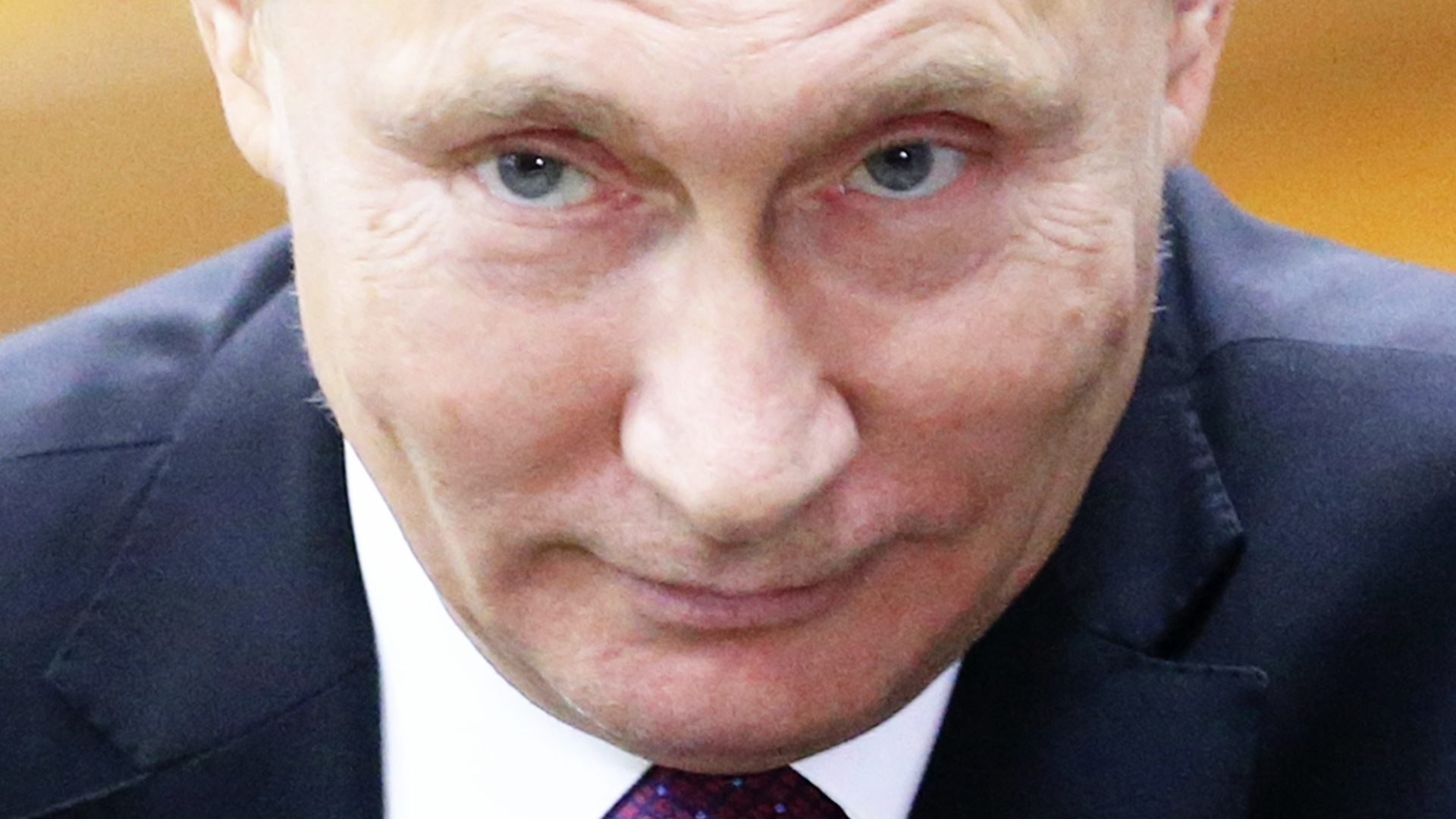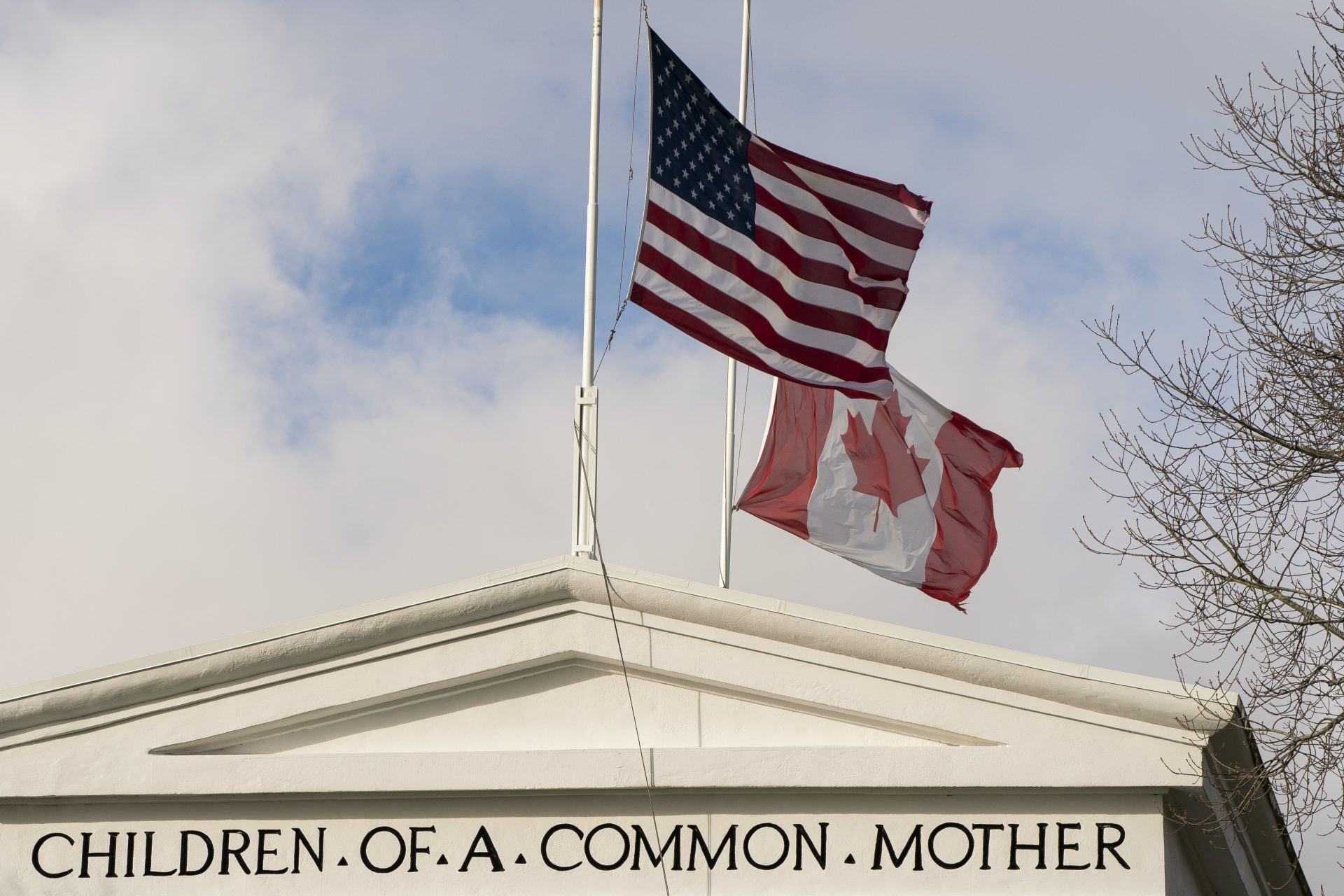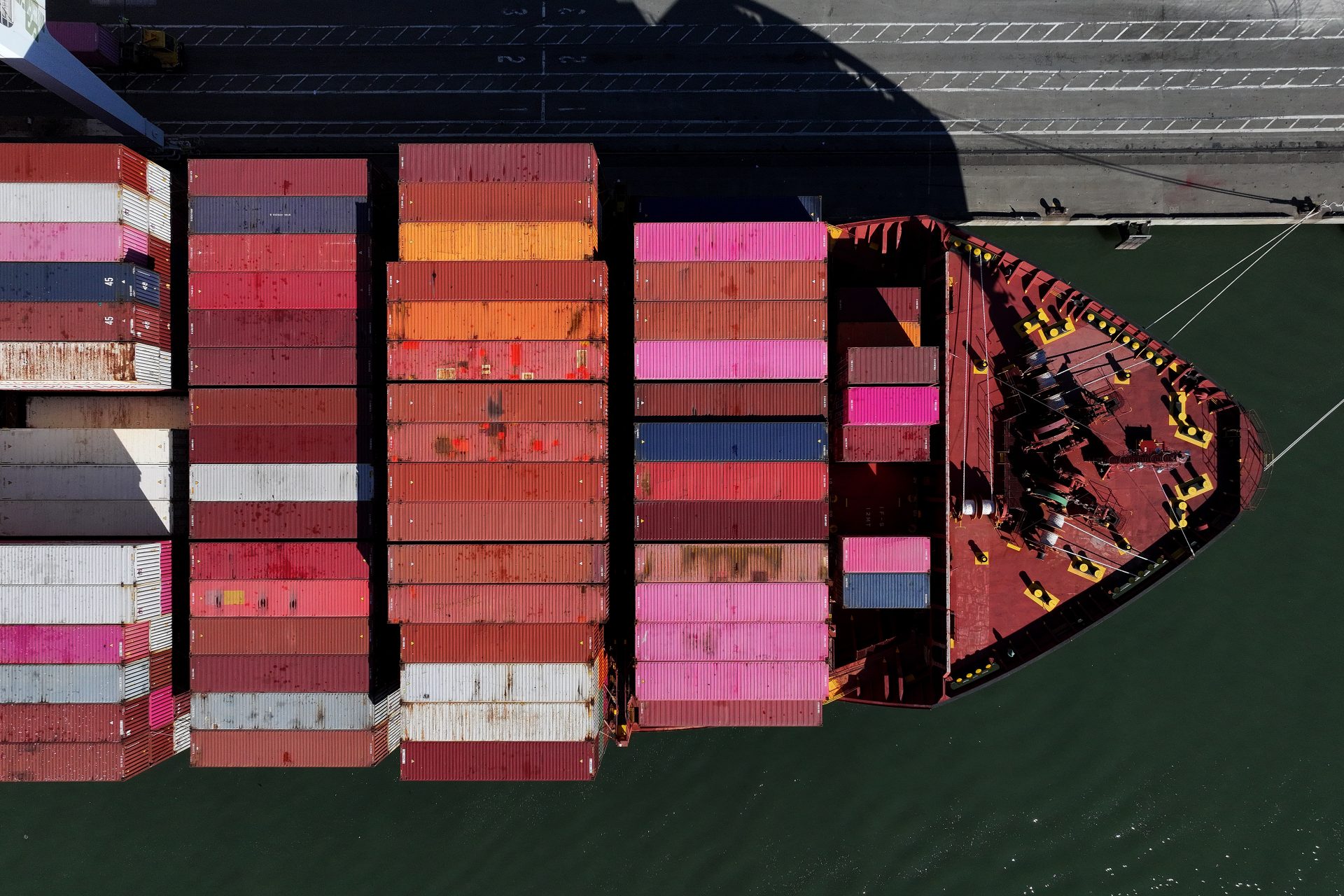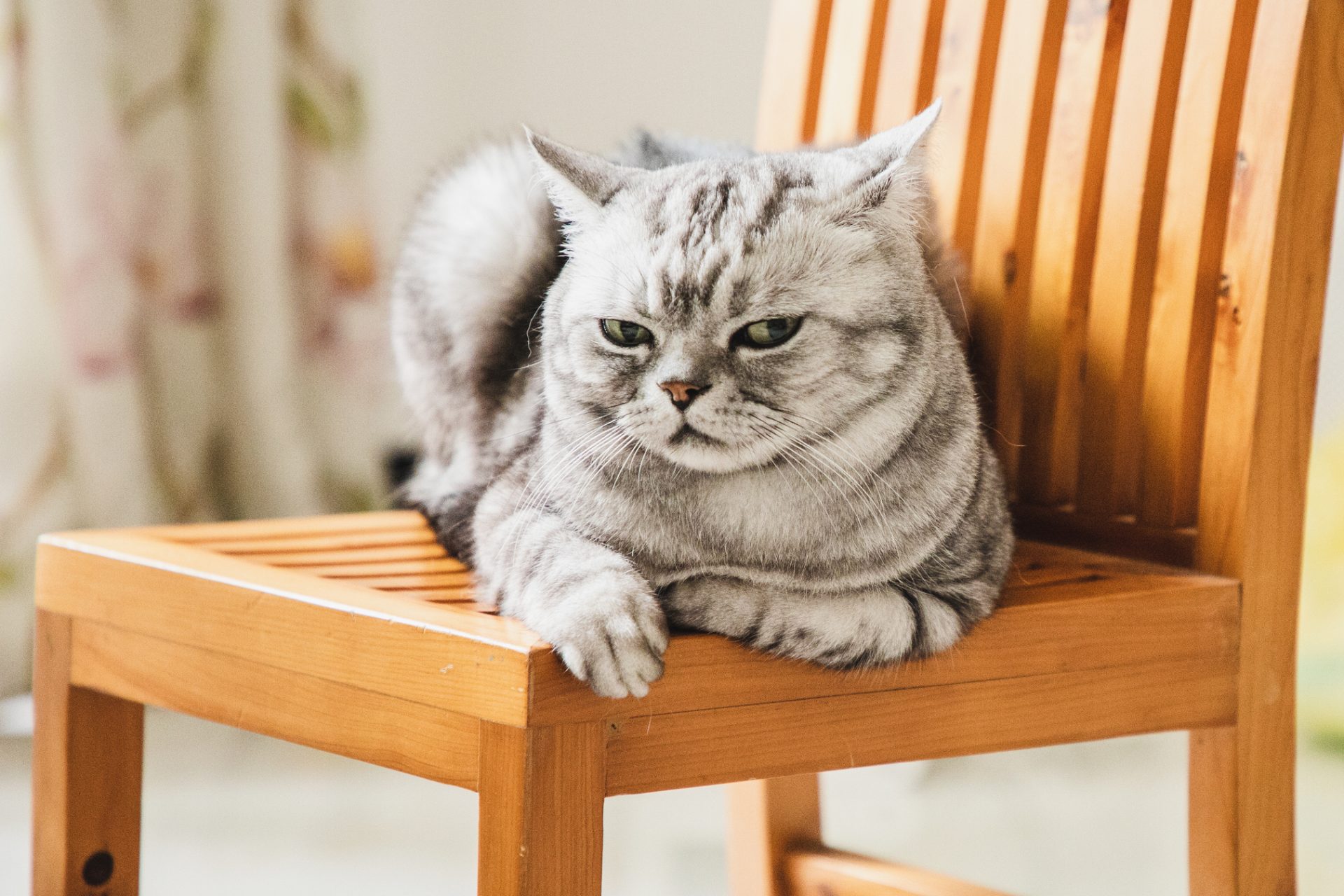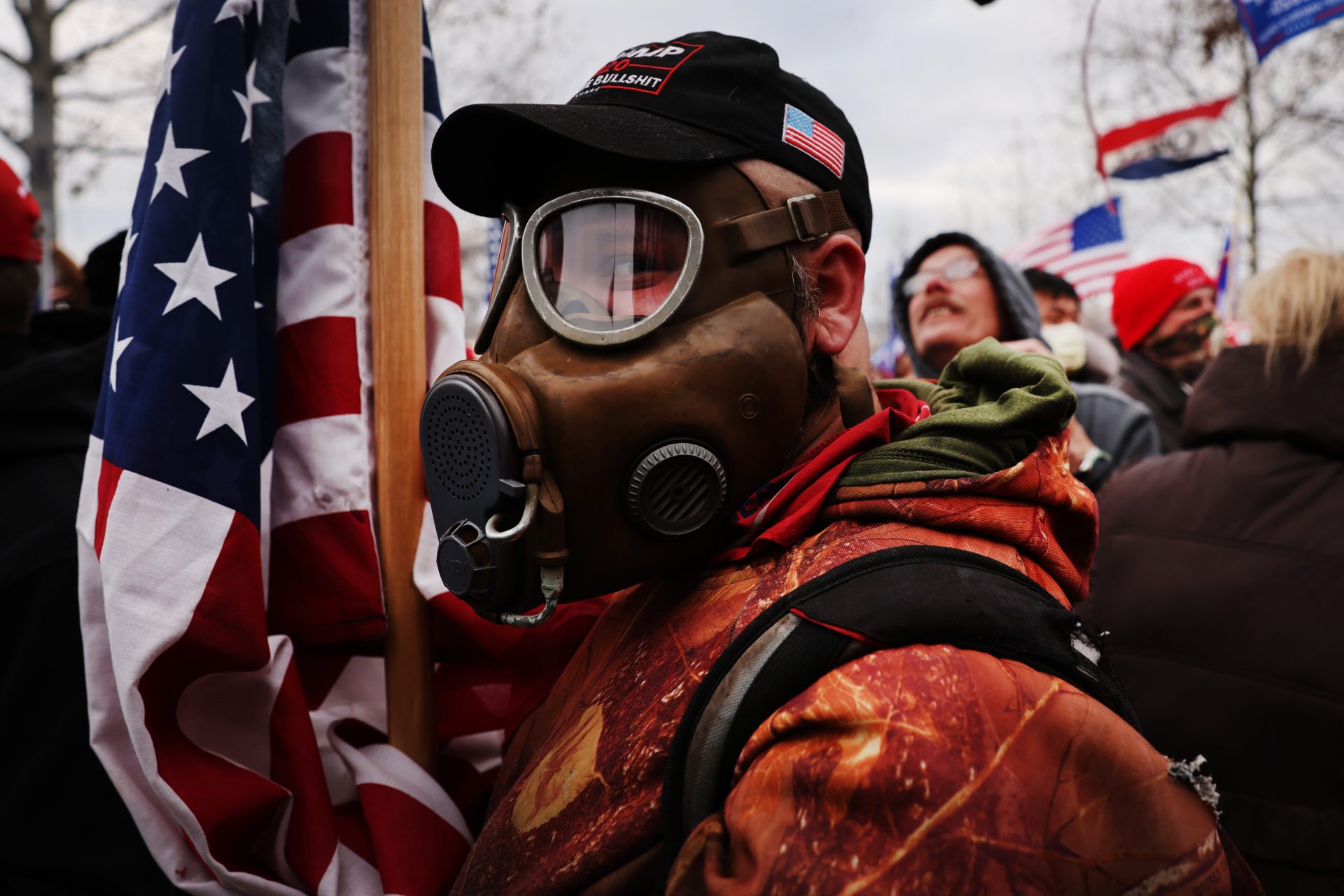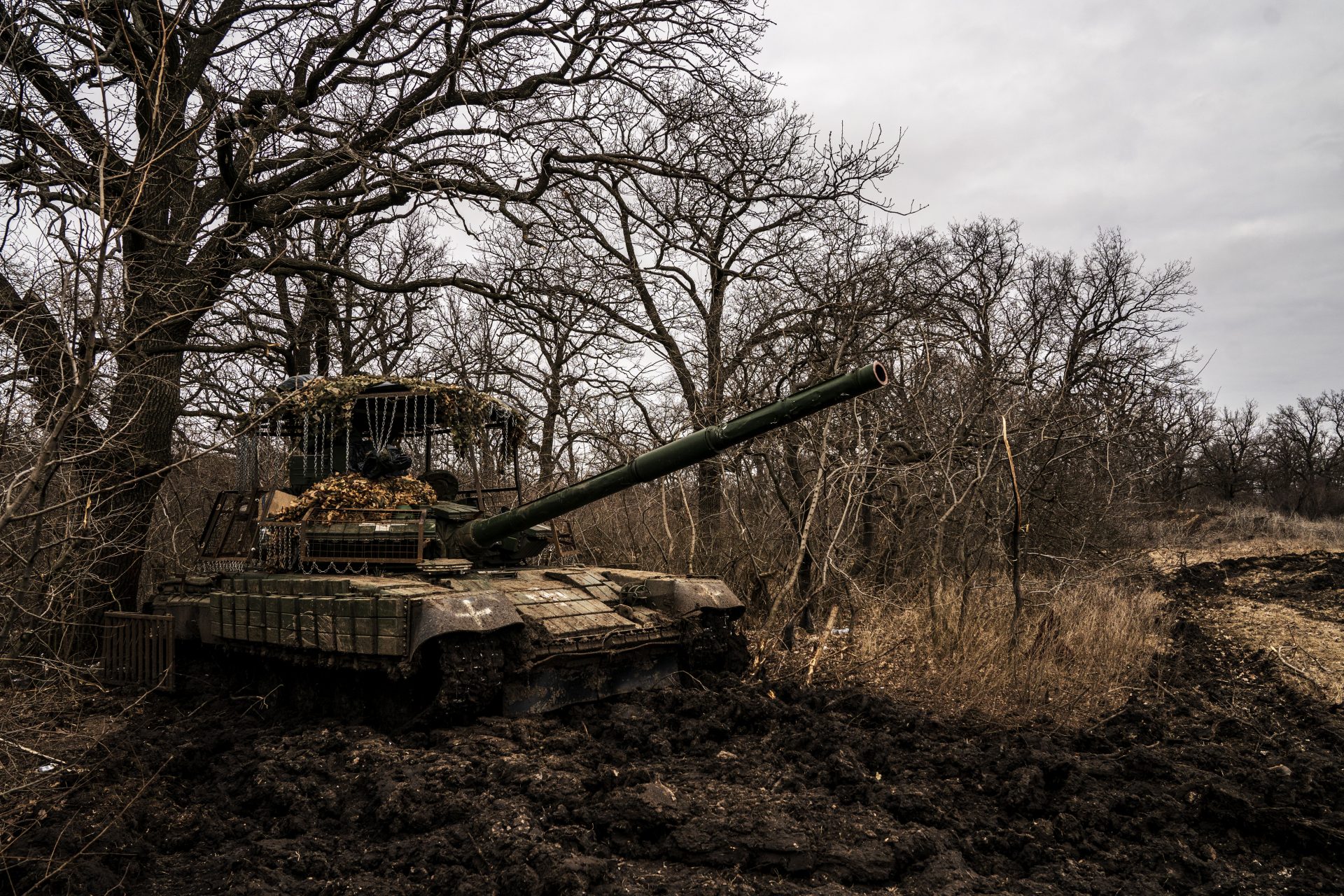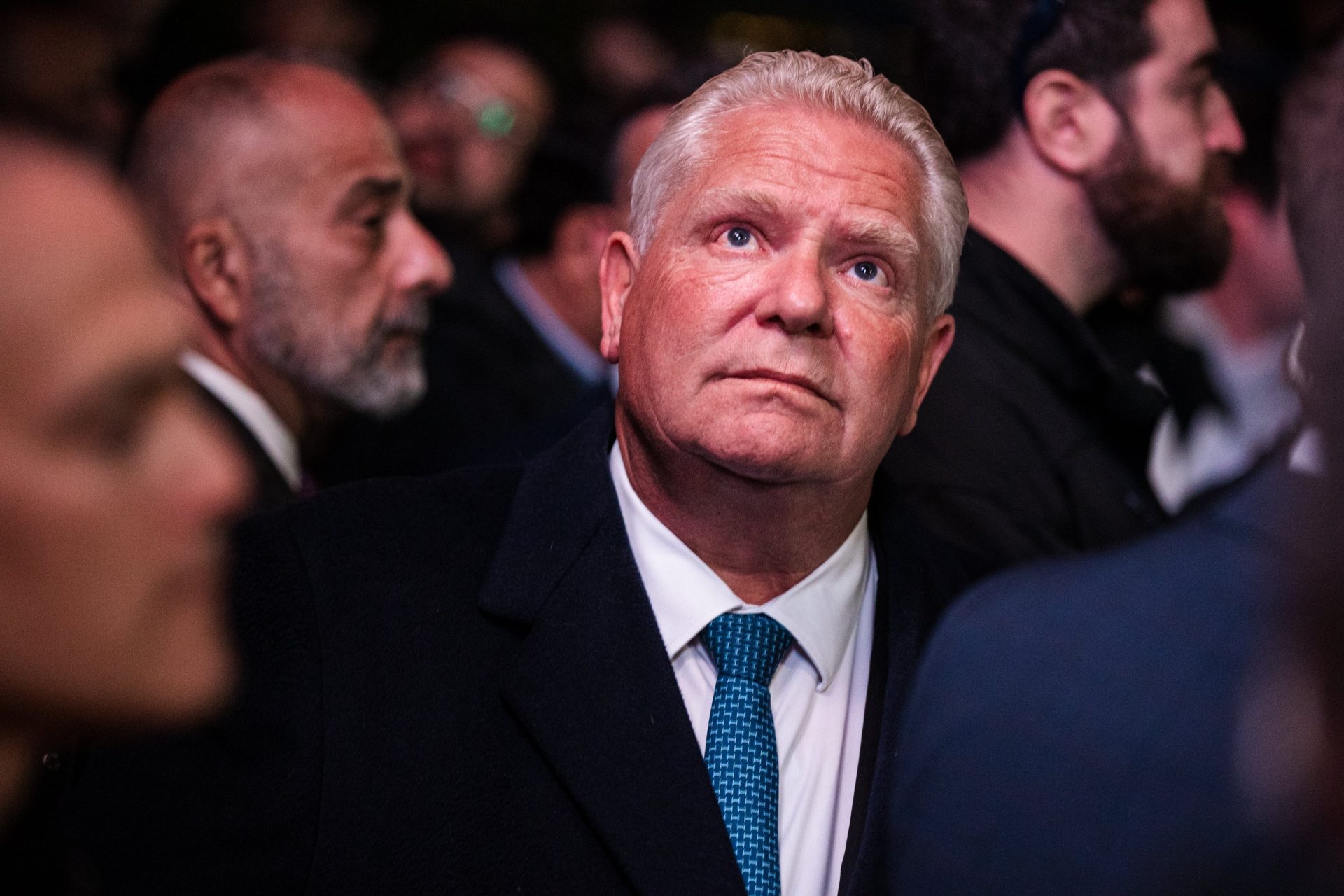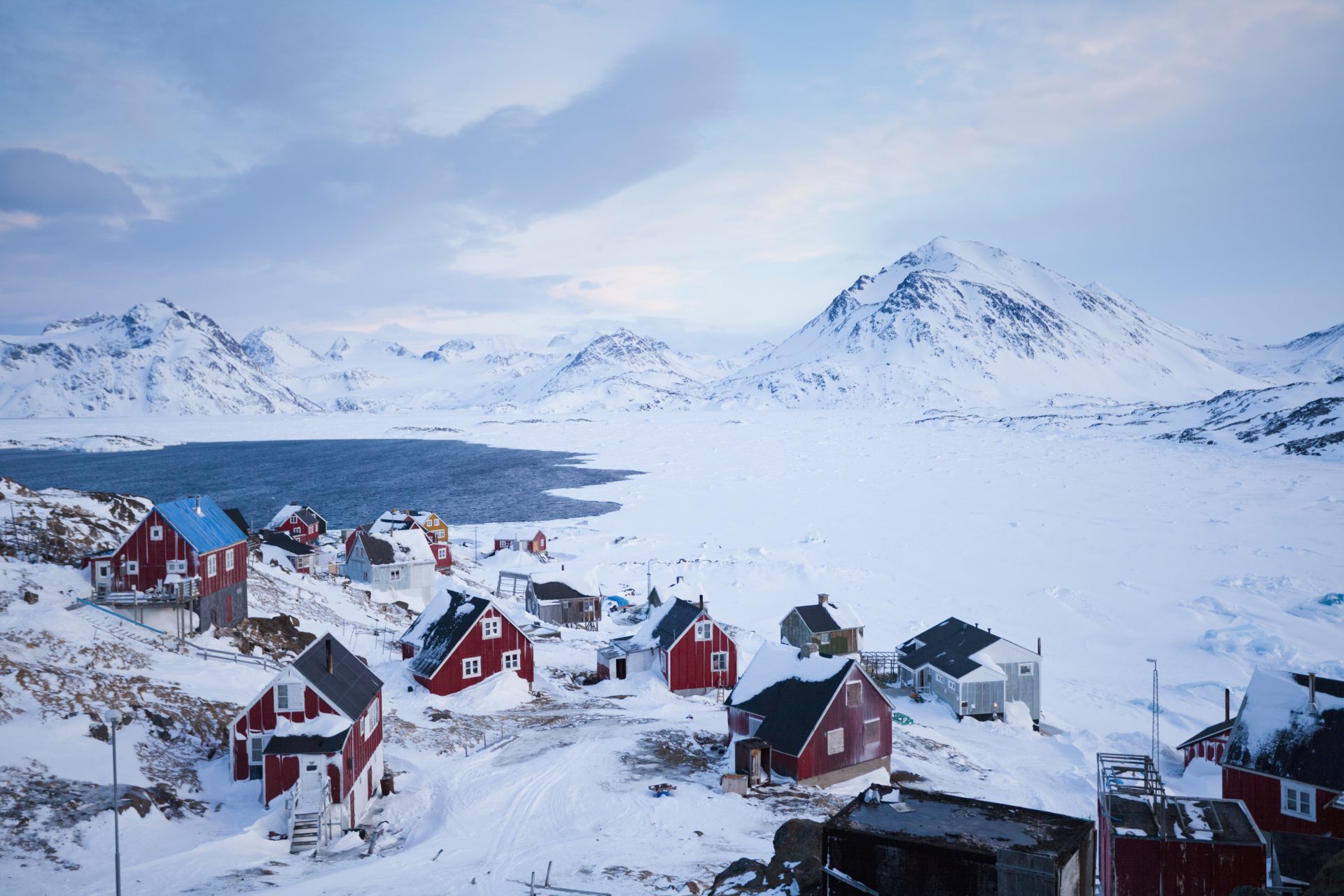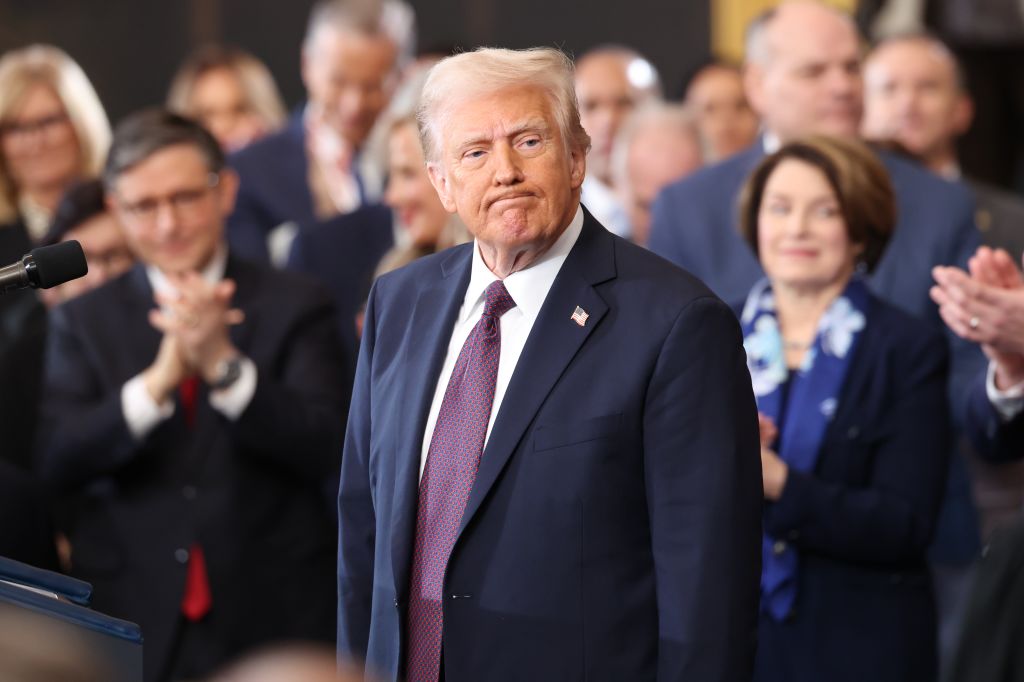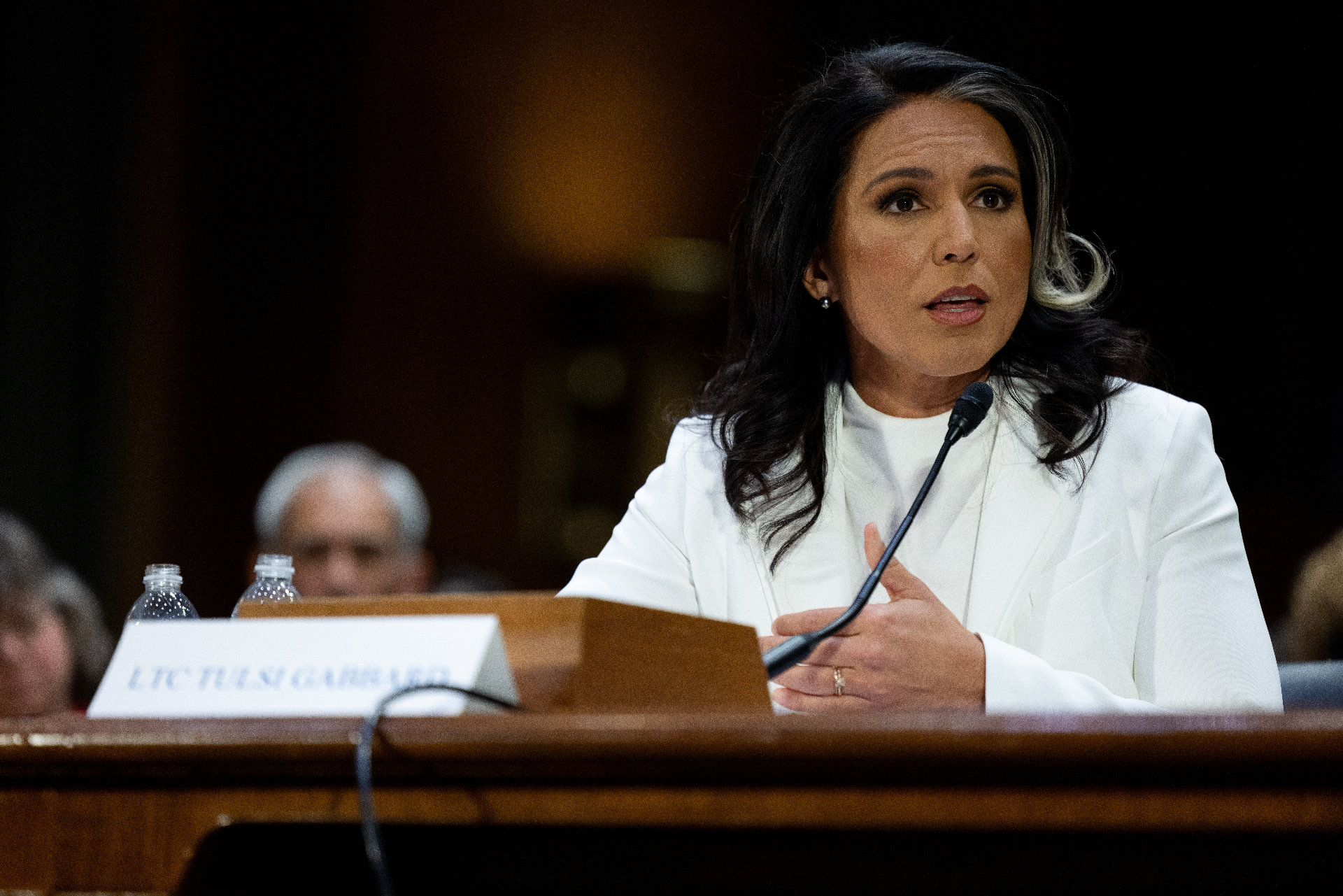Russia's allies: does Vladimir Putin have any friends left?
On February 24, 2022, Russian President Vladimir Putin launched a war of aggression against Ukraine. Despite the numerous lives that this war has cost on both sides, destroyed cities, homeless families and traumatized children, some countries are still standing by Russia.
In October 2022, the United Nations held a vote on whether Russia should be condemned for its annexations in Ukraine, which violate international law. As reported by the German news outlet NTV, only four other countries apart from Russia voted against it - and all of these countries reject human rights and democracy in general.
These four countries, all of which are essentially dictatorships, are Belarus, North Korea, Syria and Nicaragua. The result is clear: 143 of the other countries voted to condemn Russia, 35 abstained and ten countries did not vote.
This resolution is primarily symbolic. And it clearly shows that Russia's former strong partners, such as China and India, no longer positioned themselves so clearly on the side of the Kremlin. Both countries abstained from the vote.
Putin has made no friends with threats of nuclear weapons in particular. According to Carlo Masala from the Bundeswehr University in Munich, India and China are "extremely concerned about the nuclear issue," as he stated in a podcast for the Stern newspaper.
However, China claim to neutrality has begun to fade. Recently China's top foreign policy official met with Putin in Moscow. According to the BBC, "Wang Yi came out of meetings proclaiming that China and Russia are together promoting "peace and stability.""
However, Belarus is and remains a close ally of Russia. According to NTV, Alexander Lukashenko gave Moscow permission to launch attacks on Ukraine from Belarus. Lukashenko also said he supported Putin's actions in the war "from day one", according to Euronews.
In fact, shortly after the start of the Ukraine war, Lukashenko admitted that Russian missiles had been fired from Belarus by Putin's troops, as reported by the Weser Kurier.
In addition, there is a military pact between Belarus and Russia: Lukashenko and Putin can jointly form and send troops. According to Euronews, Lukashenko said Russia and Belarus are so linked that they "virtually have an army."
So far, Belarus has not sent any soldiers of its own to Ukraine, but the pact shows the close ties between the two states. Belarus also has a deep economic dependency on Russia.
Bashar al-Assad's troops already have about two-thirds of Syria back under their control. Supporters: Putin. In addition, he had entire cities bombed during the previous civil war and used military force to help Assad stay in power.
North Korea is known to many as the dictator par excellence. North Korea's ruler Kim Jong-un does not have many partnerships with other countries. Russia is an exception here. The two states even share a 17 km long border.
Putin and Nicaragua's incumbent President Daniel Ortega have close military ties. Russian soldiers are stationed in the Latin American country and a decree from last summer even allows more Russian troops to be sent to Nicaragua.
This military relationship has a long history. As reported by NTV, the then Soviet Union sent weapons and ammunition to the government in the 1980s to defeat the rebels in guerrilla warfare.
The North African country of Eritrea, with Isayas Afewerki, had sided with Russia in the UN vote last March on the question of condemning Russia's war of aggression, but now abstained from the vote on Russian annexations.
Eritrea, which is also referred to as the "North Korea of Africa" due to its strong isolation on the African continent, according to NTV, is always looking to be closer to Russia. The main reason for this is western sanctions. For Moscow, the North African country is of strategic interest due to its geographical location on the Red Sea.
Shortly after the start of the Ukraine war, Iran showed understanding for the Russian attack. Iranian President Ebrahim Raisi shared Putin's concern that NATO's eastward expansion posed a threat to Russia. Now, almost a year later, Iran is no longer so clearly on Moscow's side.
Aside from the UN vote, two other allies of Russia can be identified: Turkey and South Africa.
Although Turkey, as a NATO state, sold the "Bayraktar" drone to Ukraine at a reasonable price, Turkish President Recep Tayyip Erdogan has never sanctioned Russia or closed Turkish airspace to Russian aircraft, as Grid's Tom Nagorski reports.
A clear sign of Erdogan's sympathy for Putin, however, is his statement that Turkey will not support Sweden's NATO accession.
Recently, Naledi Pandor, South Africa's foreign minister, said South Africa would support Russia in enforcing a "redesigned world order." While there are few economic ties between Russia and South Africa, the two countries share a common belief that US dominance must come to an end.
India, with President Draupadi Murmu, is not clearly on Russia's side, but the large country is benefiting from western sanctions: India is buying 33 times more oil from Russia than it did a year ago. So India has no problem getting cheap Russian oil and thereby strengthening Moscow economically. In addition, over 60% of India's military equipment also comes from Russia.
Overall, it can be said that the number of Russia's allies is shrinking. According to NTV, 58 states abstained from the vote on the annexation of Crimea in 2014 and eleven voted against the "territorial integrity of Ukraine." It's getting lonelier around Putin.
More for you
Top Stories



